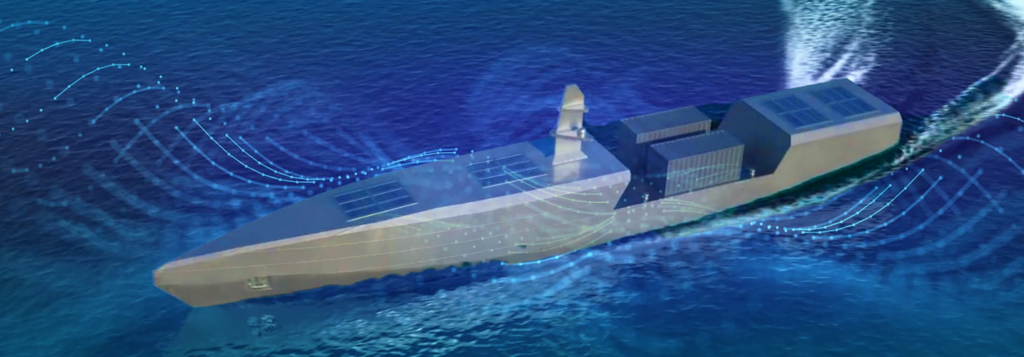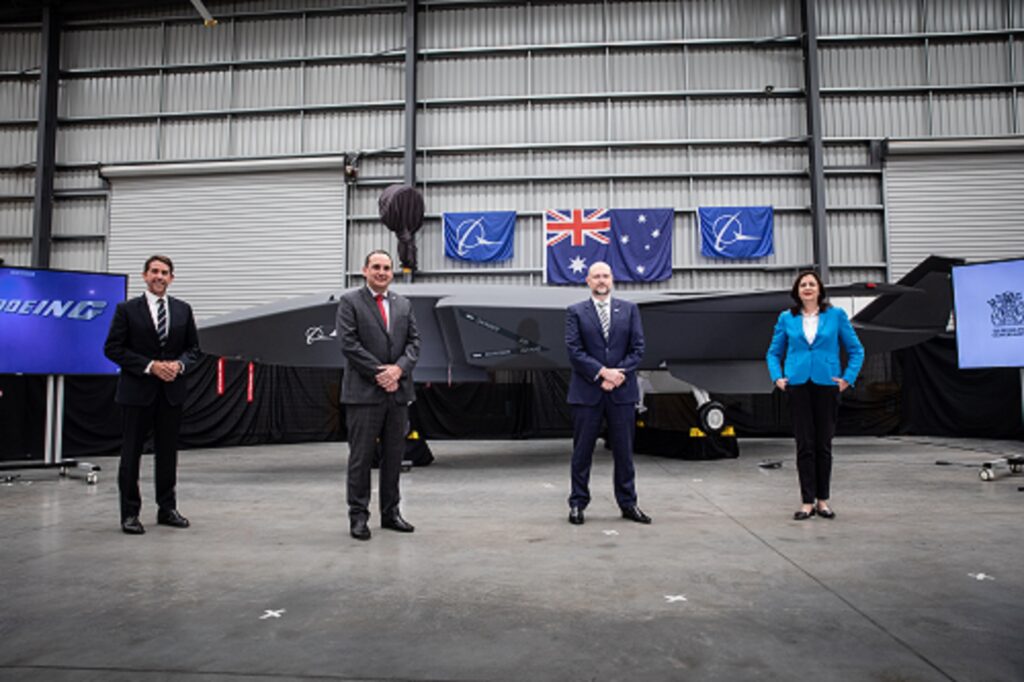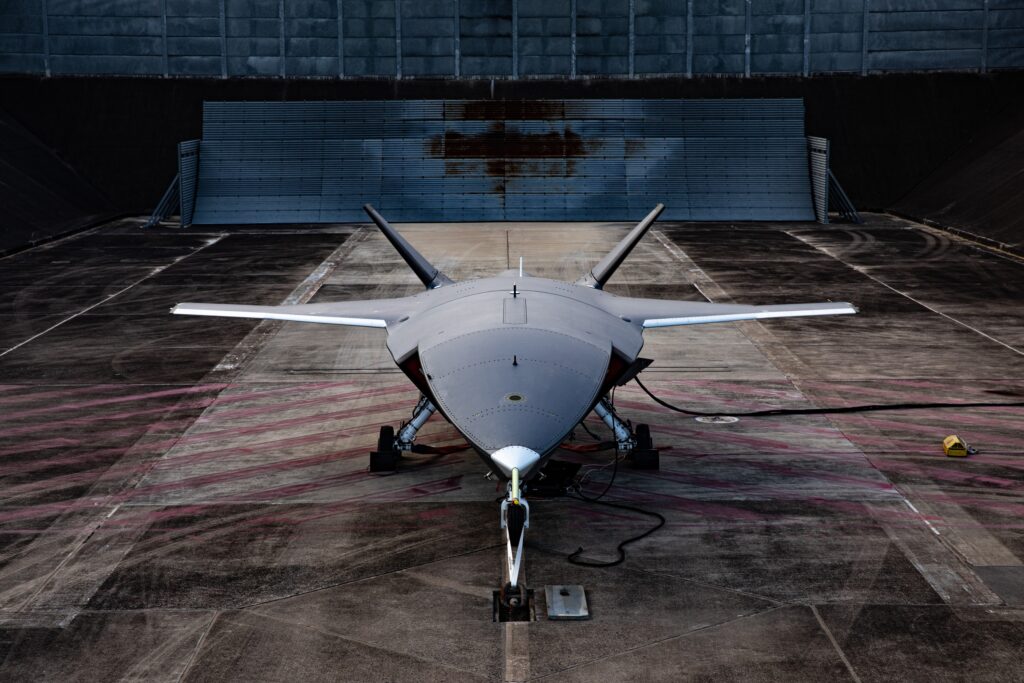Rolls-Royce Secures UK Funding for Innovative Naval Autonomy Technology
Rolls-Royce (London: RR.L) has been awarded funding by the UK Ministry of Defence (MOD) to further develop and demonstrate the Artificial Chief Engineer® technology - an autonomous machinery control system which allows Naval vessels to undertake…


